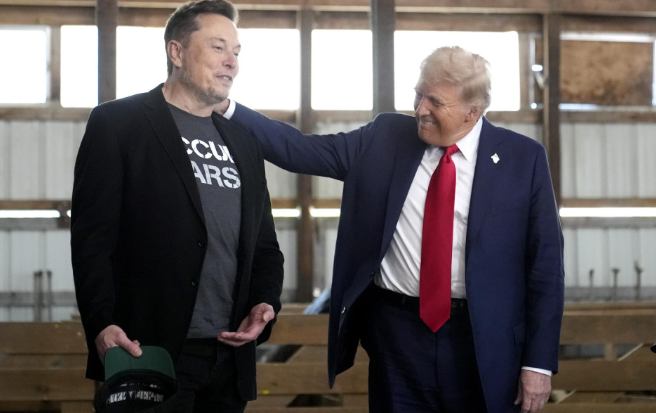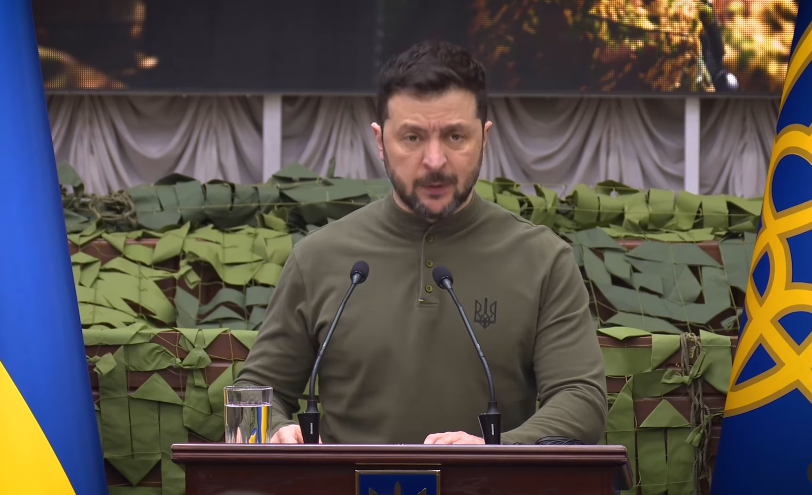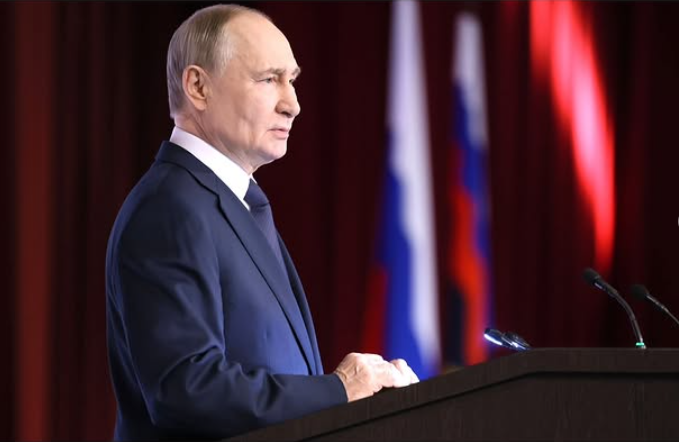[ad_1]
GENEVA (Reuters) – U.N. Syria envoy Staffan de Mistura put the emphasis on the international fight against terrorism on Friday as he wrapped up a round of Syria peace talks at which there was “no breakthrough, no breakdown and no one walking out”.
Speaking at a news conference after briefing the U.N. Security Council by video, de Mistura said he felt the U.N. was expected to say where it stood on the fight against terrorism, which he said was “becoming the main issue being discussed at the highest possible level elsewhere.”
Discussion of terrorism has been a constant demand of the Syrian government since the series of talks began early last year, and it was added to the formal agenda earlier this year, along with talks about a new constitution, reformed governance and fresh elections.
The main opposition group, the High Negotiations Committee, wants a focus on political transition, meaning an end to the rule of President Bashar al-Assad.
De Mistura said Assad’s negotiators had not given any indication that they were willing to discuss transition.
“But what I do believe is that what are going to be the next steps of the international community in wanting to see an acceleration of the end of this conflict may help the government to be ready to address the political process,” he said.
Although the Syrian government has repeatedly described opposition representatives as terrorists, de Mistura said he hoped to push all sides to at least sit in the same room during the next round of talks in September.
Before that can happen, the three rival opposition delegations need to narrow their differences enough to present a single position against the government negotiators.
De Mistura suggested that was on track, since the three opposition leaders had built mutual trust and confidence and planned to meet again later this month.
Laying out his understanding of the fight against terrorism, de Mistura said it only related to groups identified by the U.N. Security Council as terrorists, and it must be done in accordance with humanitarian law and human rights law.
Implementation of U.N. resolutions on arming and financing terrorists and the movement of foreign fighters had been very slow, he said, and he expected to see increased efforts against U.N.-listed groups and coordinated action wherever possible.
Such efforts were already being undertaken against Islamic State in Raqqa and by the Syrian government and its allies in areas around the cities of Aleppo, Homs and Hama, he said.
The best guarantee against terrorism was a political agreement achieved through a U.N.-led transitional process.
“Otherwise in three months time, after Raqqa, there will be a new entity coming up and they will be calling themselves differently and we will be back to that.”
Reporting by Tom Miles; Editing by Cynthia Osterman
[ad_2]
Source link






Leave a Reply